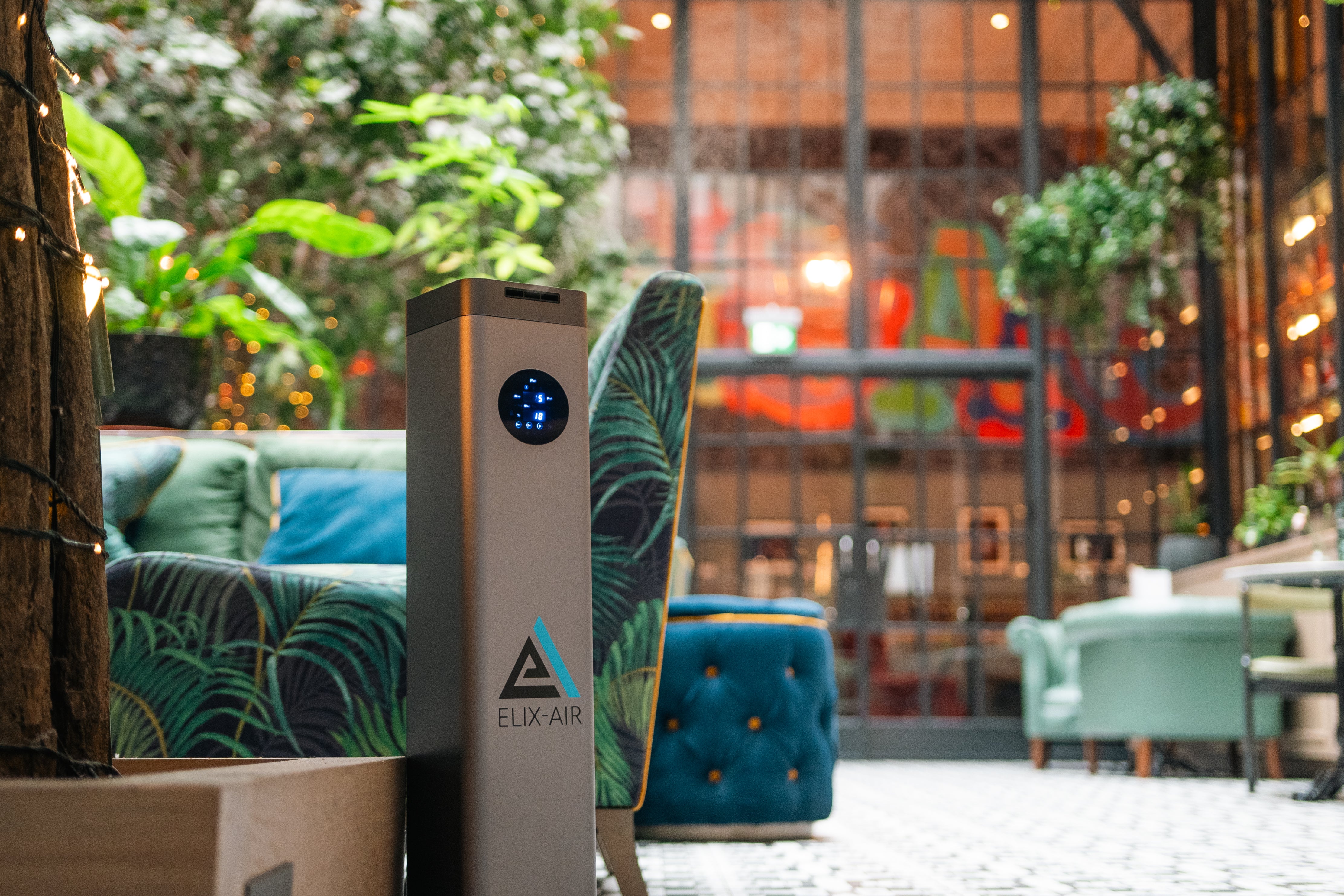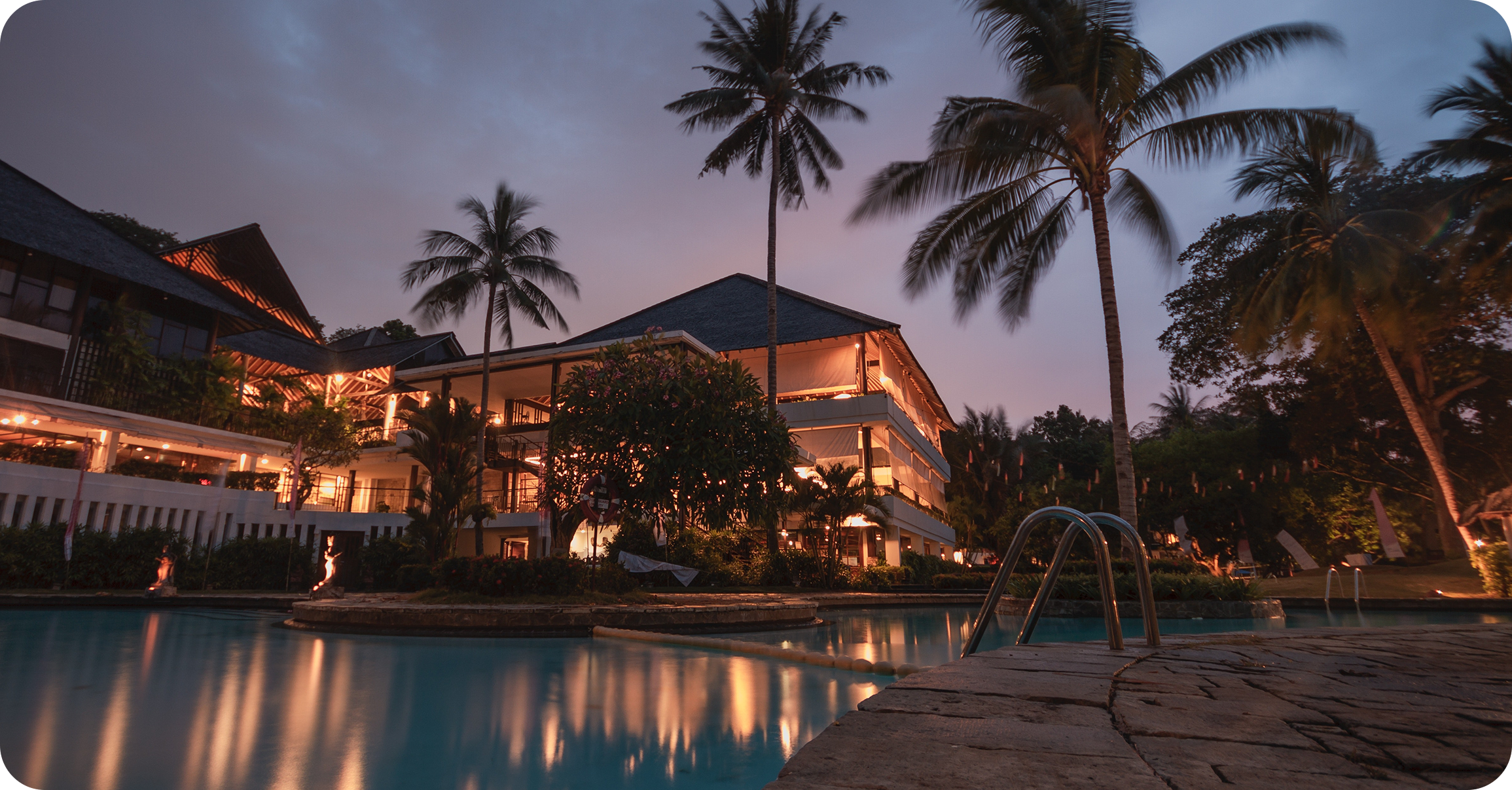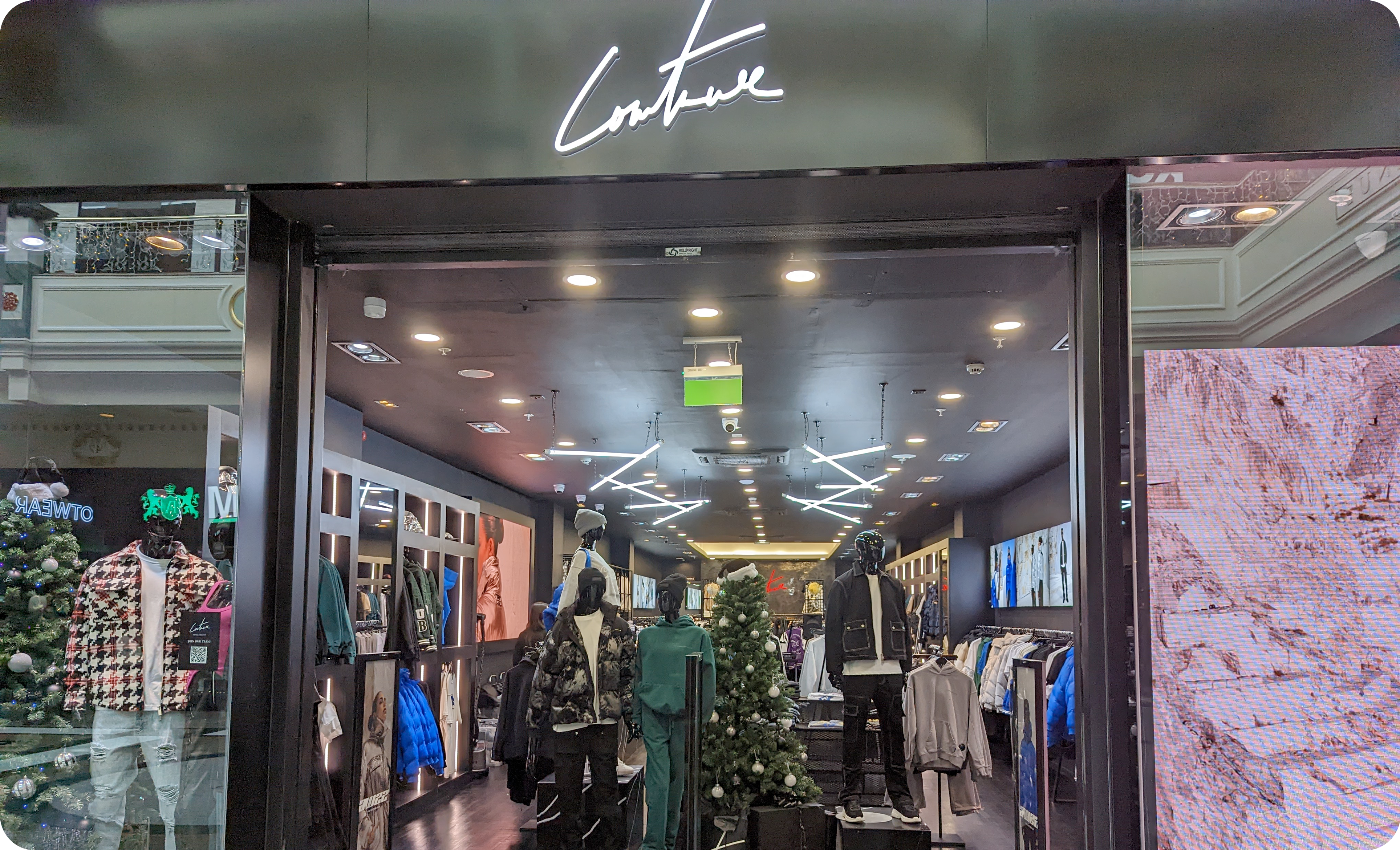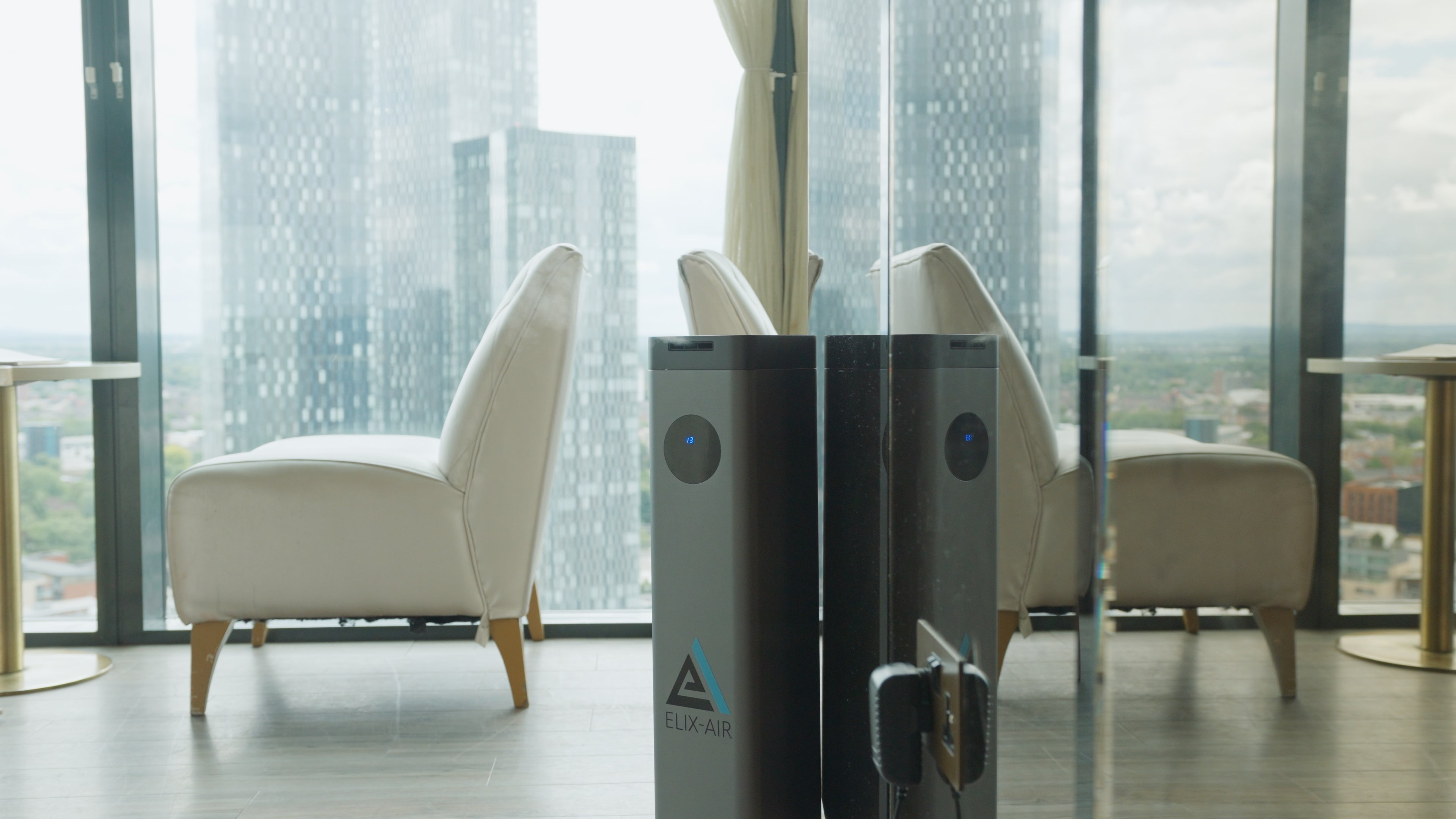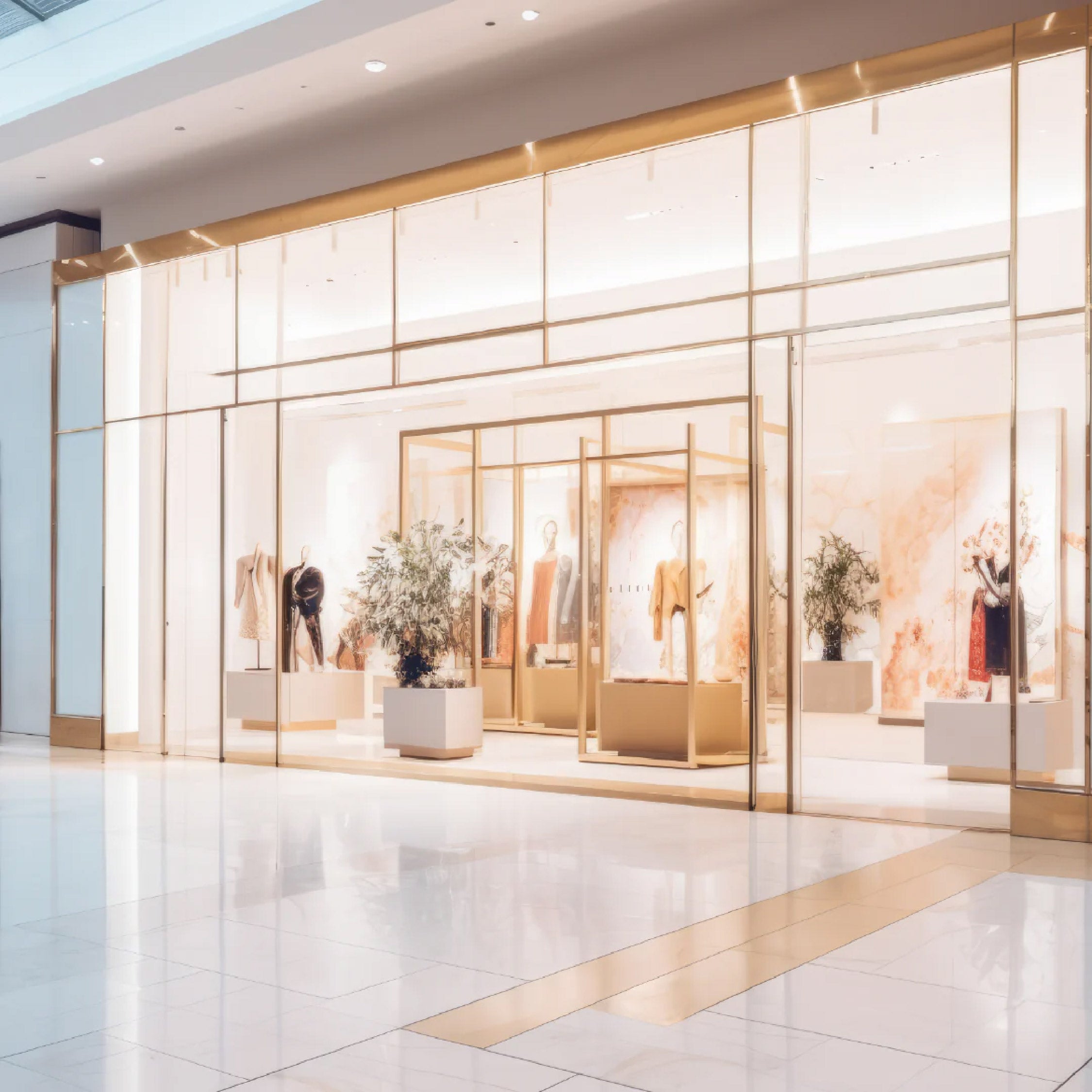
Retail Statistics | The Benefits of Scent Marketing with Elix-Air
Real world benefits to retail
Statistics and Studies Reviewed by independent Bodies
Scientific Validation: In a study conducted at Ikea, researchers introduced two scents, a simple orange scent and a more complex orange-basil-green-tea scent. After 18 days of observation involving over 400 customers, those in the complex-scented area spent 3% more, while those in the simple-scented area spent an average of 20% more than the non-scented area.
Retail Giants Endorsement: Major retailers like Nike have embraced scent marketing in their stores, reporting an 80% increase in the intent to purchase. In a real-world experiment, the aroma of fresh-brewed coffee at a petrol station led to a remarkable 300% surge in coffee sales.
Starbucks Success Story: Starbucks, with a revenue of $7.5 billion, is renowned for its effective scent marketing tactics. The subtle scent of coffee, infused through air conditioning systems, adds to the immersive experience. Despite also selling food, to highlight the coffee aroma is by design.
Cinematic Sensations: Cinemas use the irresistible scent of popcorn. This scent contributes to an enhanced cinematic experience, even with additional food offerings like hotdogs and nachos.
DIY Inspiration in Retail: Step into a well-lit B&Q store, and the scent of freshly cut wood permeates the air. Although no actual wood cutting may be visible, this scent is intentionally designed to inspire customers towards home renovations and DIY projects. Research indicates that shoppers in unscented stores spent 17% less than those in scented stores.
Global Consistency: Zara Home stores feature a consistent scent of Jasmine. Similarly, Abercrombie & Fitch reinforces its brand with a signature men's fragrance named Fierce, creating a cohesive olfactory experience across all its stores.
Bloomingdale’s Experiential Scenting: Bloomingdale’s, a distinguished American retail store, deploys various scents in different departments, targeting shoppers based on their preferences. For instance, the scent of coconut in the swimwear section led to a 27% increase in sales, while lilac in lingerie contributed to a 26% sales boost. The use of "powdery" scents in infant wear increased sales by 27%.
Trend Setting Artists: Madonna, who was way ahead of the trend for aligning brands and scents when she released her Like a Prayer album in 1989 with a cover that smelt of incense.
Varied Fragrances for Enhanced Sales: McDonald's are now using sensory branding as part of their marketing. They have the 'smell' of coffee in the morning and fries in the afternoon.
Memory & The Senses: In a three-month period, we remember just 1% of what we touch, 2% of what we hear, 5% of what we see, 15% of what we taste and 35% of what we smell.
Specific Scents Increasing Drink Sales: A well-known night club in London doubled their sales of a particular Malibu drink by introducing a coconut scent into the atmosphere.
Calming Sensitive Health Care Treatments: A healthcare facility had a serious problem with patients cancelling MRI appointments at the last minute. They renamed their MRI department “Seaside Imaging” and turned it into a relaxing beach-themed environment and provided sun cream and sea air fragrances to complete this approach. The result – a 50% reduction in cancellations.
Fragrances Evoke Emotions: About 75% of all the emotions we experience daily are generated by what we smell, not what we see or hear. Our sense of smell is extremely powerful as it acts directly on the limbic system, which controls emotion and memory.
Enhancing Experiences: When Cadburys opened their first few outlet stores, the actual smell of the chocolate couldn't permeate the hygienically wrapped bars, so they had to create the experience. When they emitted a chocolate scent in-store, sales rose by 34%.
Lavish Laundry Accelerates Sales: As part of their in-store experience, at Thomas Pink, the upmarket shirt retailer. The smell of freshly laundered shirts wafts through the air, reinforcing nostalgic memories of clean washing, soothing customers, and increasing sales.
Increasing Dwell Time: In bookshops that utilise scent marketing, the travel section usually smells of sun lotion, while the business section usually has an invigorating citrus smell to aid concentration. The simple smell of books and paper is also used a lot. This is with an aim to increase dwell time and boost sales.


